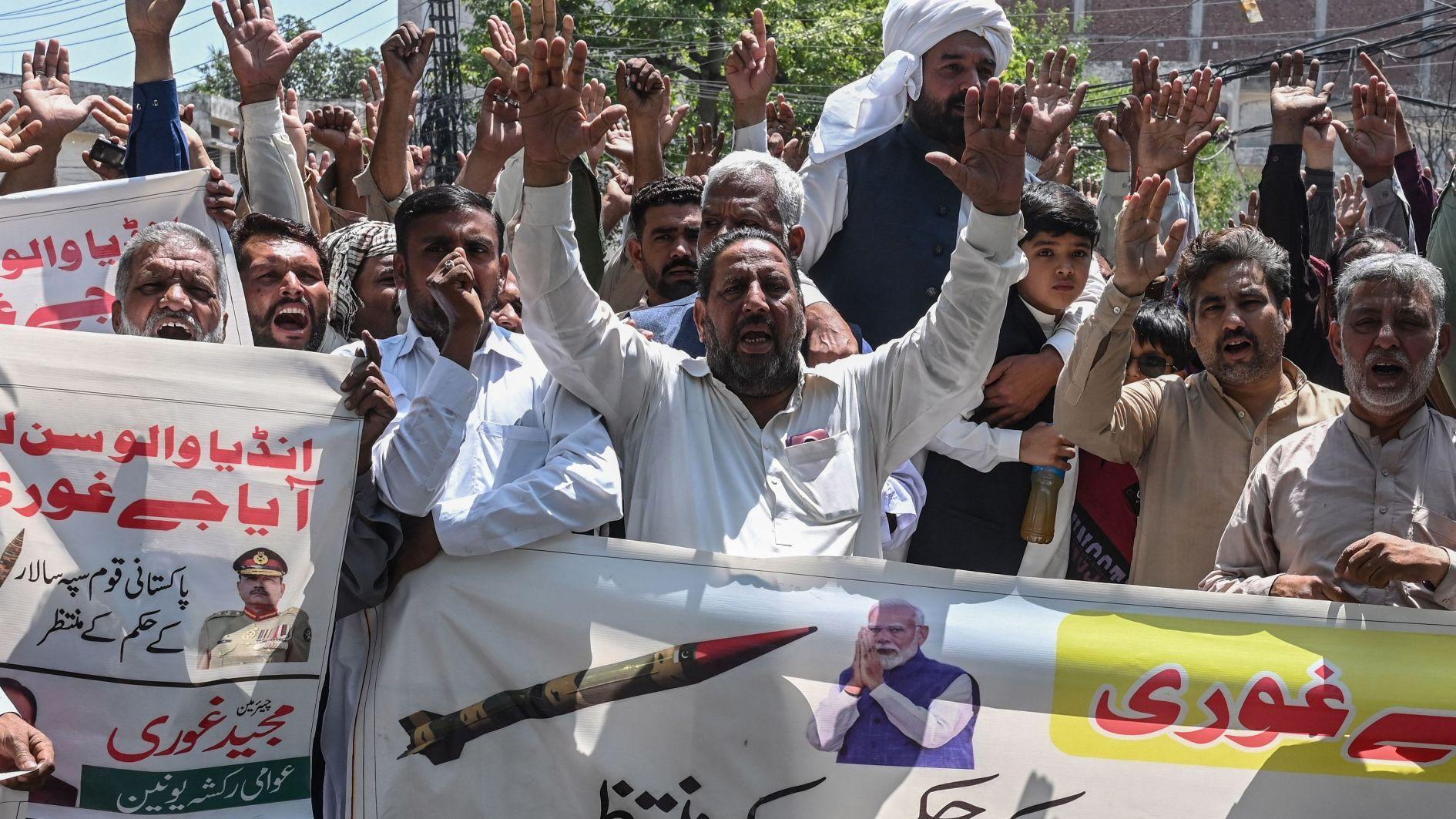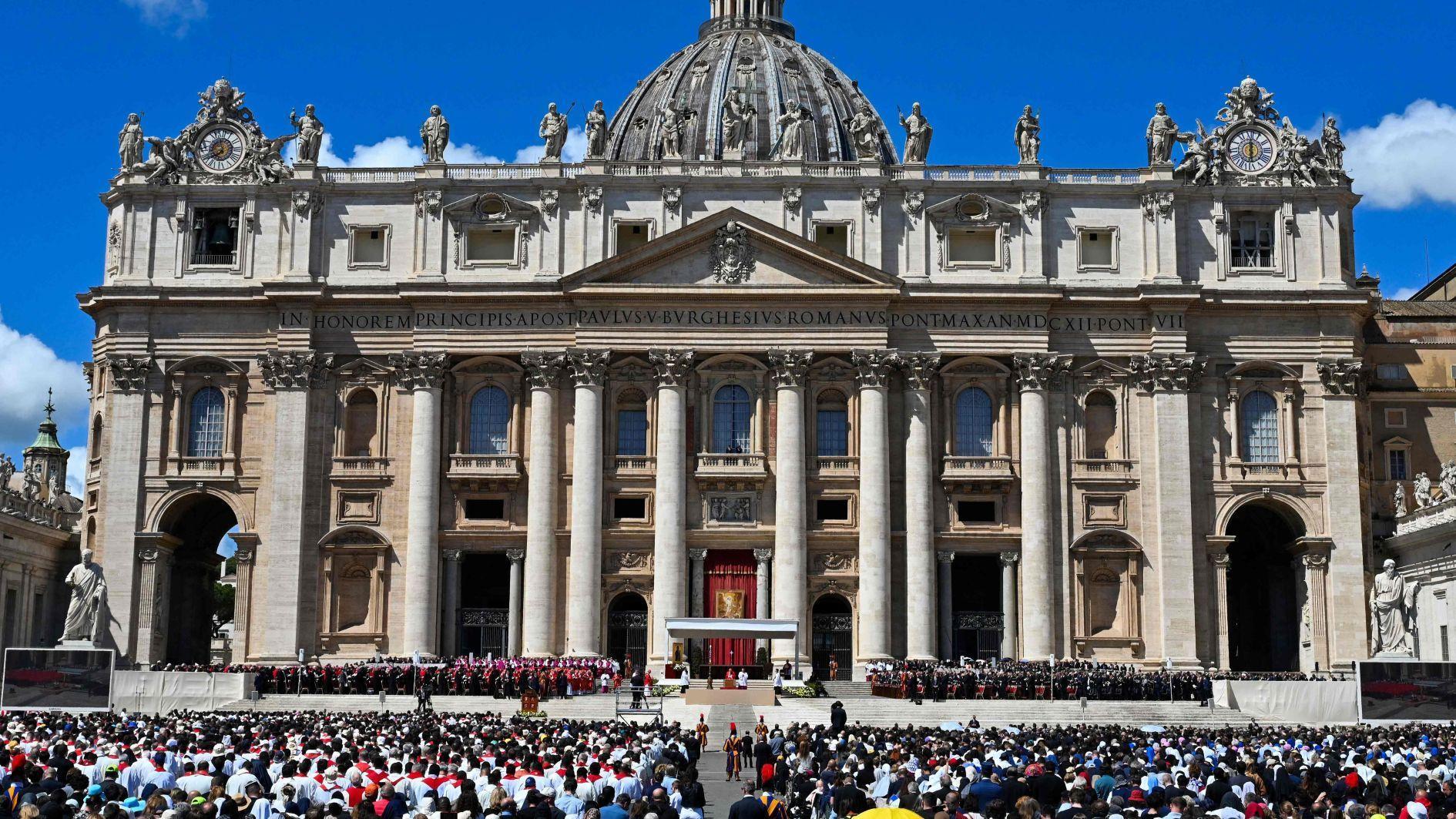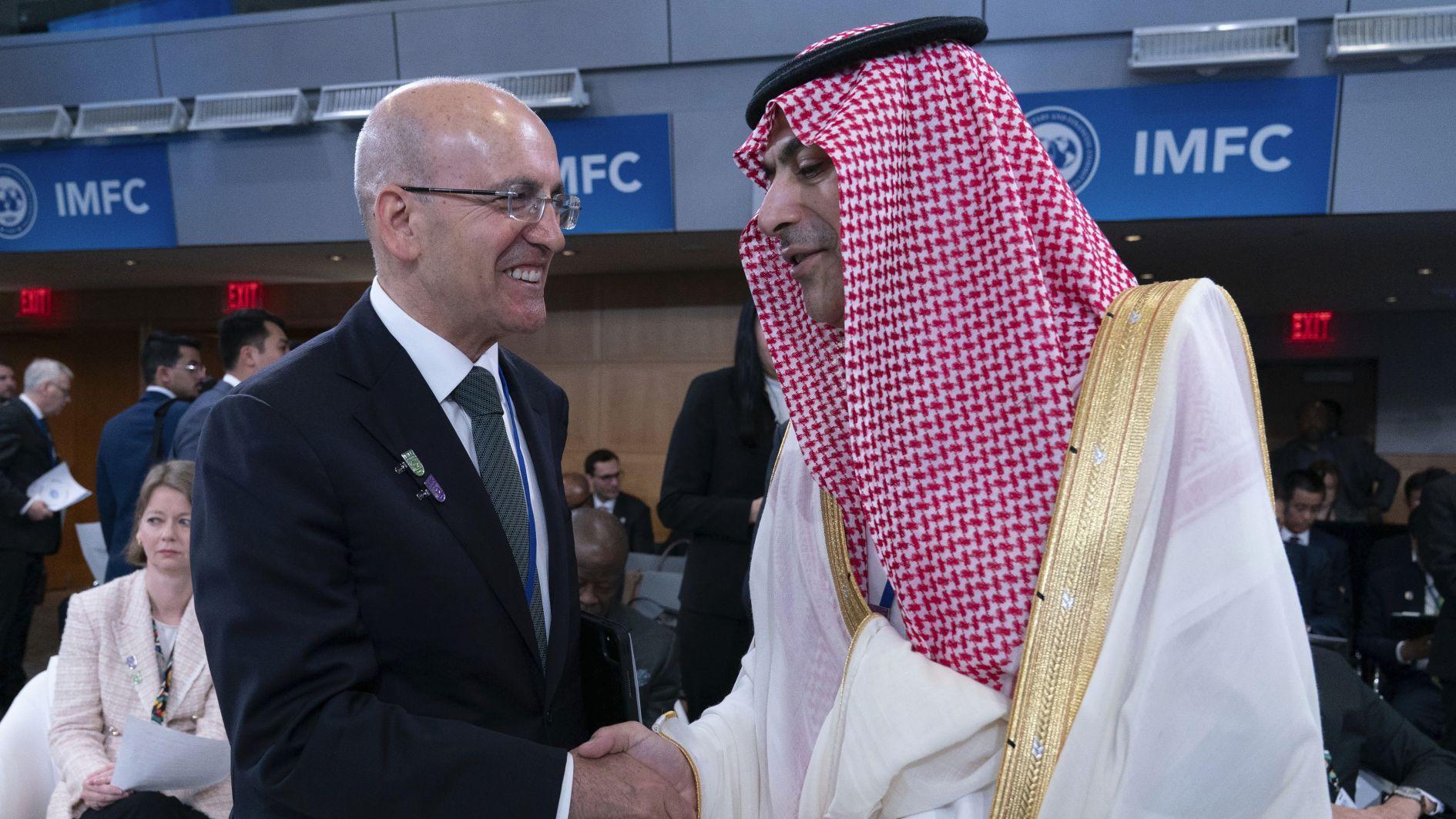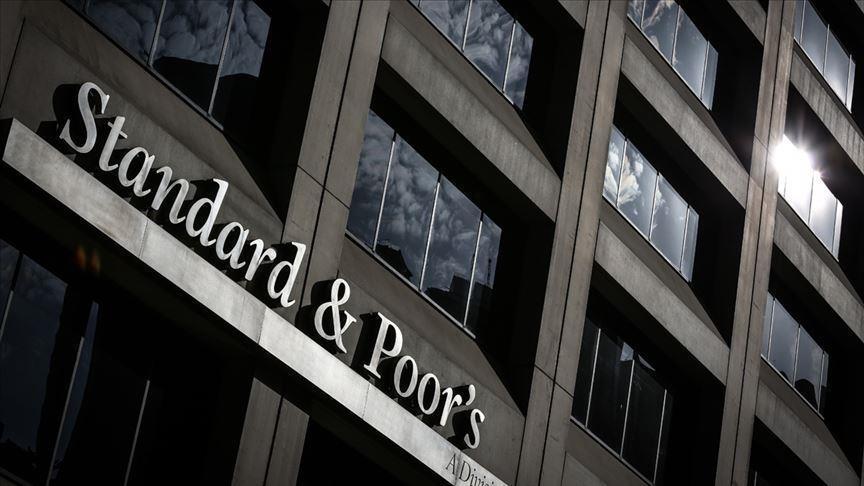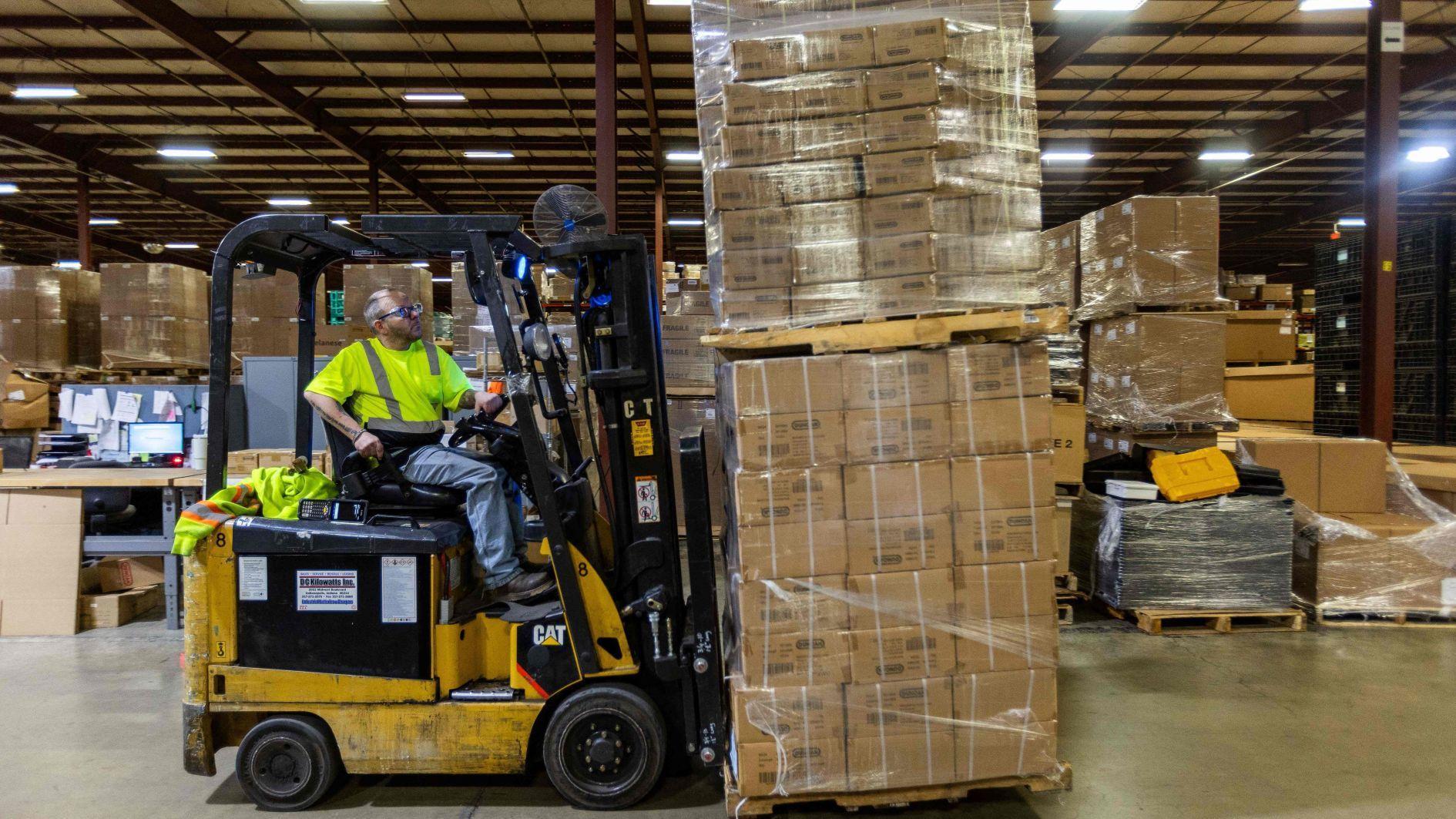Iran says 'narrowing some differences' in nuclear talks
VIENNA - Agence France-Presse
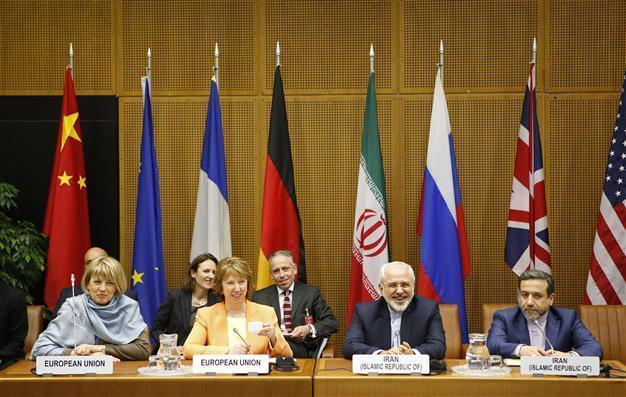
This file picture shows Iran's Deputy Foreign Minister Abbas Araqchi (R) during the second round of P5+1 talks with Iran at the UN headquarters in Vienna, Austria on March 19, 2014. AFP Photo
Iran's lead negotiator in nuclear talks with world powers said both sides were inching closer on some issues as they sought Wednesday to intensify discussions on reaching a definitive agreement before a July deadline."On certain questions we have narrowed our differences," Abbas Araqchi told Iranian media late Tuesday after a first day of talks in Vienna that were expected to wrap up later Wednesday.
The negotiations, aiming to settle a decade-old standoff and so avert a dangerous escalation, remained however "difficult and complicated", Mehr news agency quoted Araqchi as saying.
He gave no details. He added that the next round between Iran and five permanent members of the UN Security Council plus Germany -- the fourth this year -- would take place in mid-May.
Iranian Foreign Minister Mohammad Javad Zarif and the powers' lead negotiator, EU foreign policy chief Catherine Ashton, were expected to make a statement to the media later Wednesday.
A senior US administration official involved in the talks said last week that the negotiators hoped to make enough progress in this round to begin drafting a deal in May.
In November the two sides reached an interim deal under which Iran froze certain parts of its nuclear activities in return for minor relief from painful Western sanctions.
But Iran has not permanently dismantled any of its nuclear equipment and can fully reactivate its facilities if it wishes when the deal expires on July 20.
US Secretary of State John Kerry told US lawmakers Monday that the theoretical period needed for Iran to produce a weapon's worth of bomb material -- if it chose to do so -- was "about two months".
In order to greatly extend this "break-out" time, the six powers want the final deal to see Iran reduce permanently, or at least long-term, the scope of its programme.
The deal may involve Iran slashing the number of centrifuges -- used to enrich nuclear material -- changing the design of a new reactor at Arak and giving UN inspectors more oversight.
Other outstanding thorny issues include Iran's continued research and development of ever more advanced centrifuges and the Islamic republic's ballistic missile programme.
Any agreement will need to be sold to sceptical hardliners both in the United States and to Iran's arch enemy Israel, widely assumed to have a nuclear arsenal itself.
Threatening to throw a spanner in the works however is the crisis over Ukraine which has led to the biggest standoff between Russia and the West since the Cold War.
Russia's chief negotiator, Sergei Ryabkov, fired a warning shot last month, saying Moscow might "take the path of counter-measures" on Iran if pushed too far.
On Tuesday however Ryabkov sounded a more conciliatory note, telling ITAR-TASS it would "not be wise" to turn Iran into a "bargaining chip".
Moscow and Iran are said to be negotiating an oil-for-goods barter deal that would undermine Washington's sanctions efforts, a strategy the US credits with getting Tehran to talks in the first place.
Another issue casting a cloud over the talks is the spat between Tehran and Washington over Iran's selection of a new UN ambassador allegedly linked to the 1979 American embassy hostage crisis.
The White House said Tuesday Hamid Aboutalebi was "not viable" and on Monday the US Senate passed a resolution that would deny the veteran diplomat a US visa.


